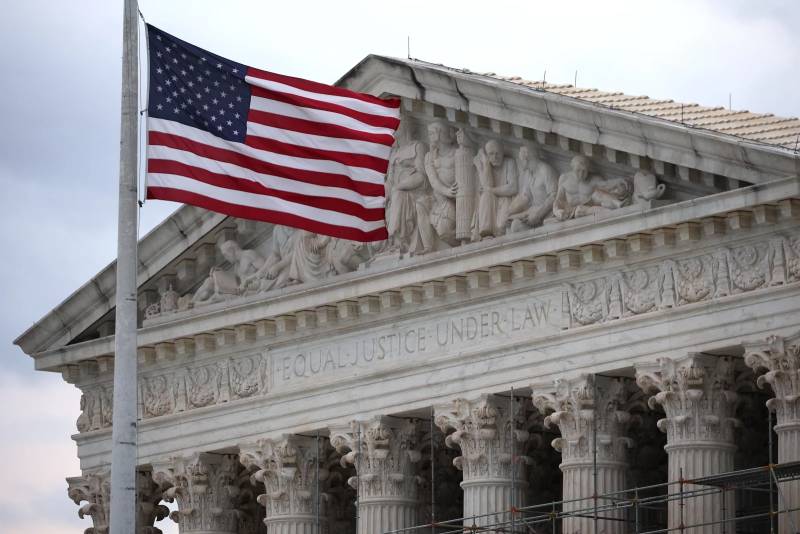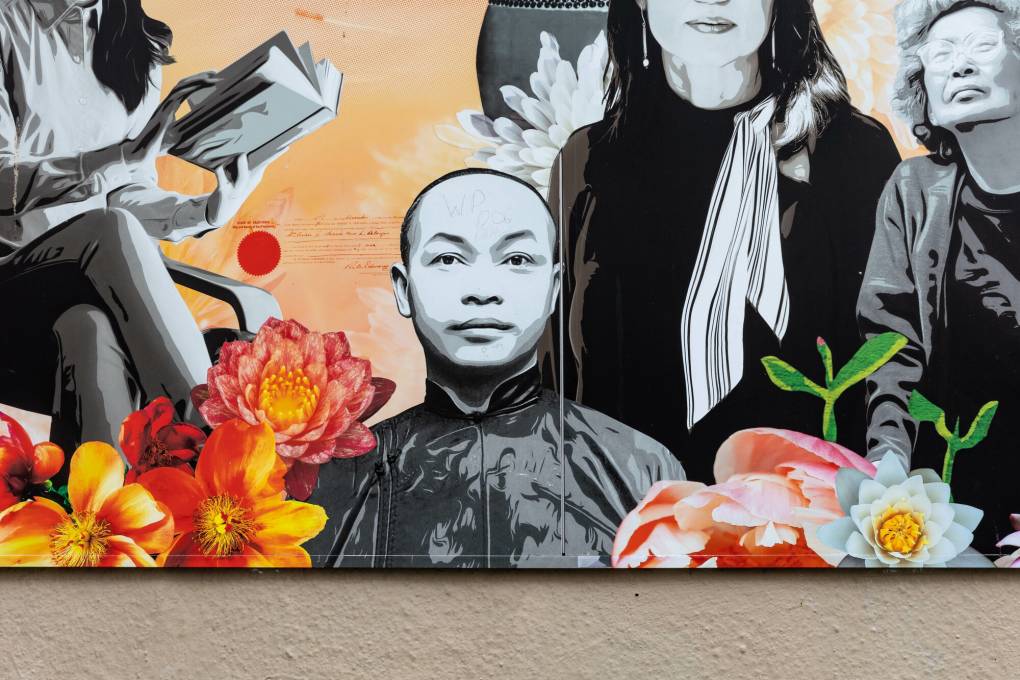President Donald Trump’s executive order limiting birthright citizenship is once again frozen by a federal judge’s nationwide injunction, preventing the administration from enforcing the policy in any of the 50 states.
The Supreme Court had previously ruled that the federal government could only enforce the order in the 28 states that have not challenged it in court, while it remains blocked in the other 22 states.
Thursday’s decision from the U.S. District Court for New Hampshire allows civil rights groups to move forward with a class-action lawsuit on behalf of newborn babies affected by executive order. While the Supreme Court has limited the power of district judges to stop executive orders nationwide, it still allows this type of injunction in class action cases.
“Having a patchwork system of birthright citizenship would be totally unworkable,” said Aarti Kohli, executive director of the San Francisco-based Asian Law Caucus, one of the organizations that presented the lawsuit. “It would turn doctors and nurses into immigration agents. It would be really expensive to administer. It would create a lot of confusion and fear.”
Trump’s executive order would deny U.S. citizenship to babies born in the country to parents without permanent legal status, but the Supreme Court’s June 27 ruling created a split: a baby born to undocumented parents in California — which sued the federal government over the policy — would be entitled to citizenship, while a baby born to a family with similar circumstances in Texas — which has not challenged the executive order — could be denied citizenship.
But this latest injunction blocks the executive order from taking effect in any state, guaranteeing birthright citizenship for now to babies born to immigrant parents without permanent legal status.
“What parents need to know is that they are protected for now,” said Kohli, who added that she expects another legal battle that could end up in the Supreme Court. “We’re in this for the long haul.”
Keep reading to understand the latest rules on U.S. birthright citizenship.


